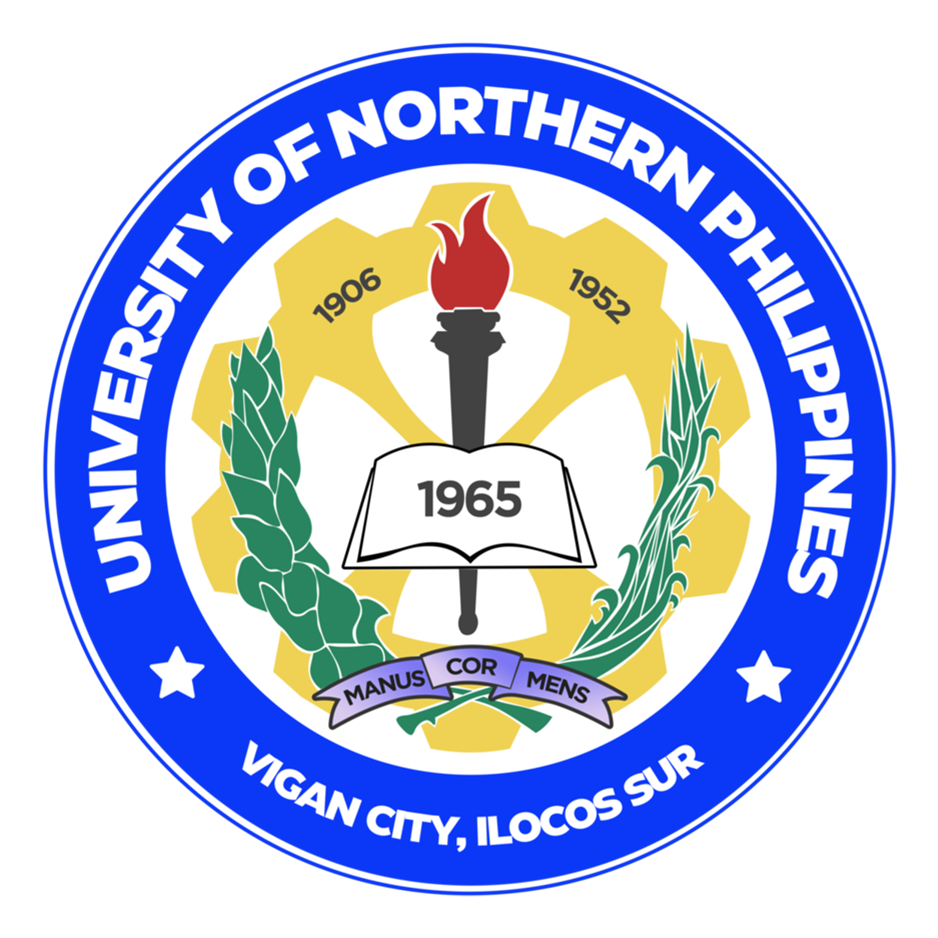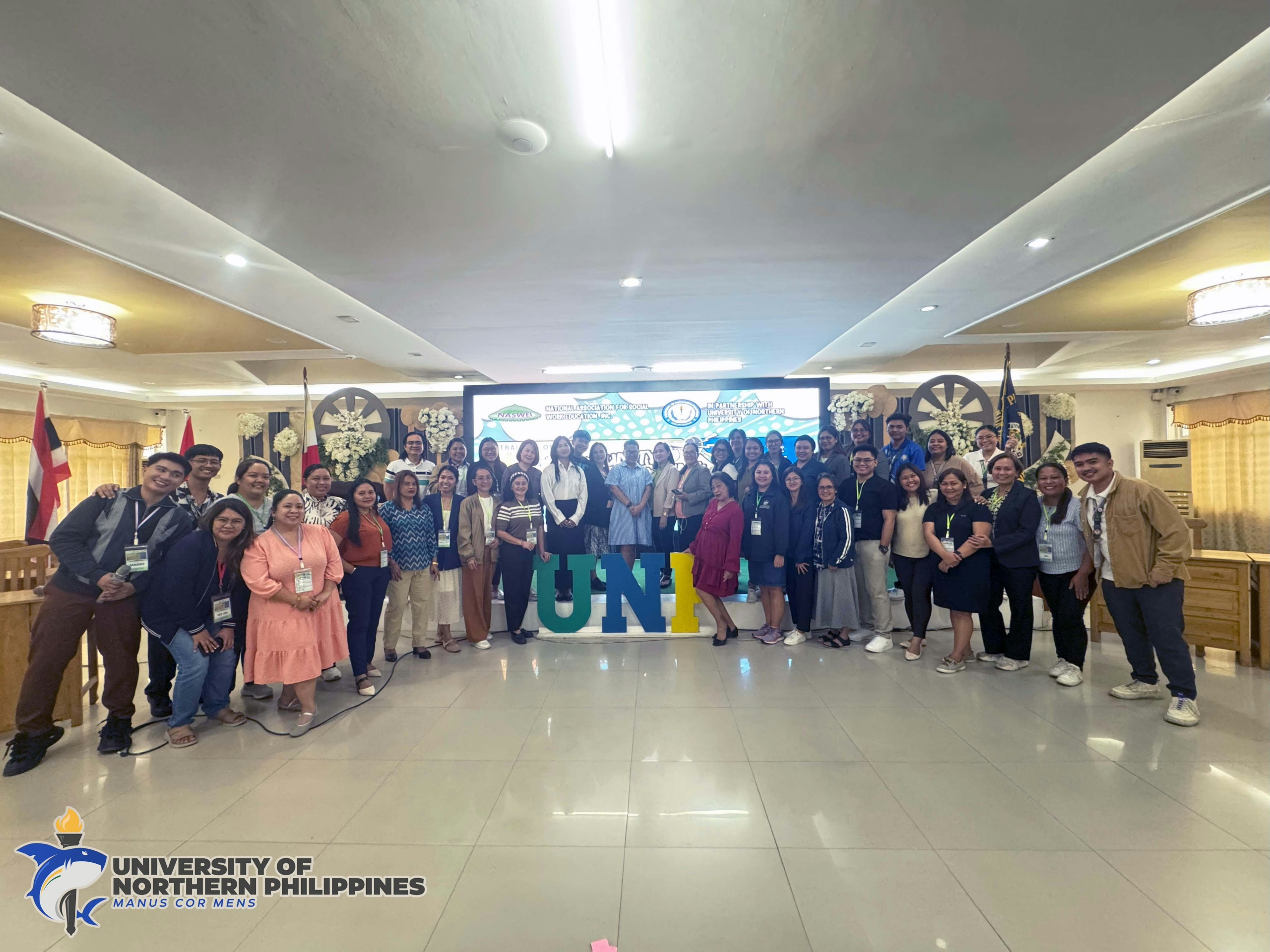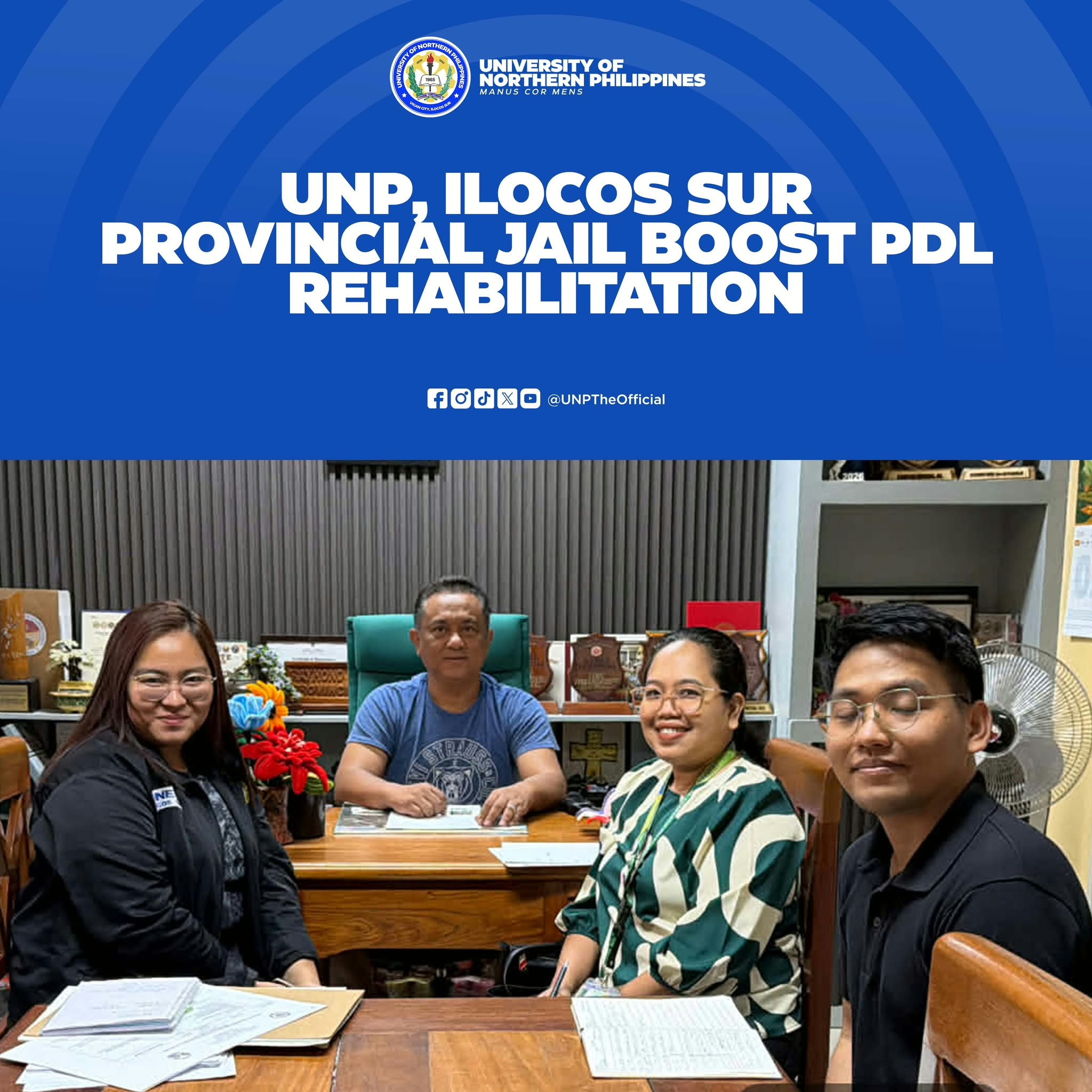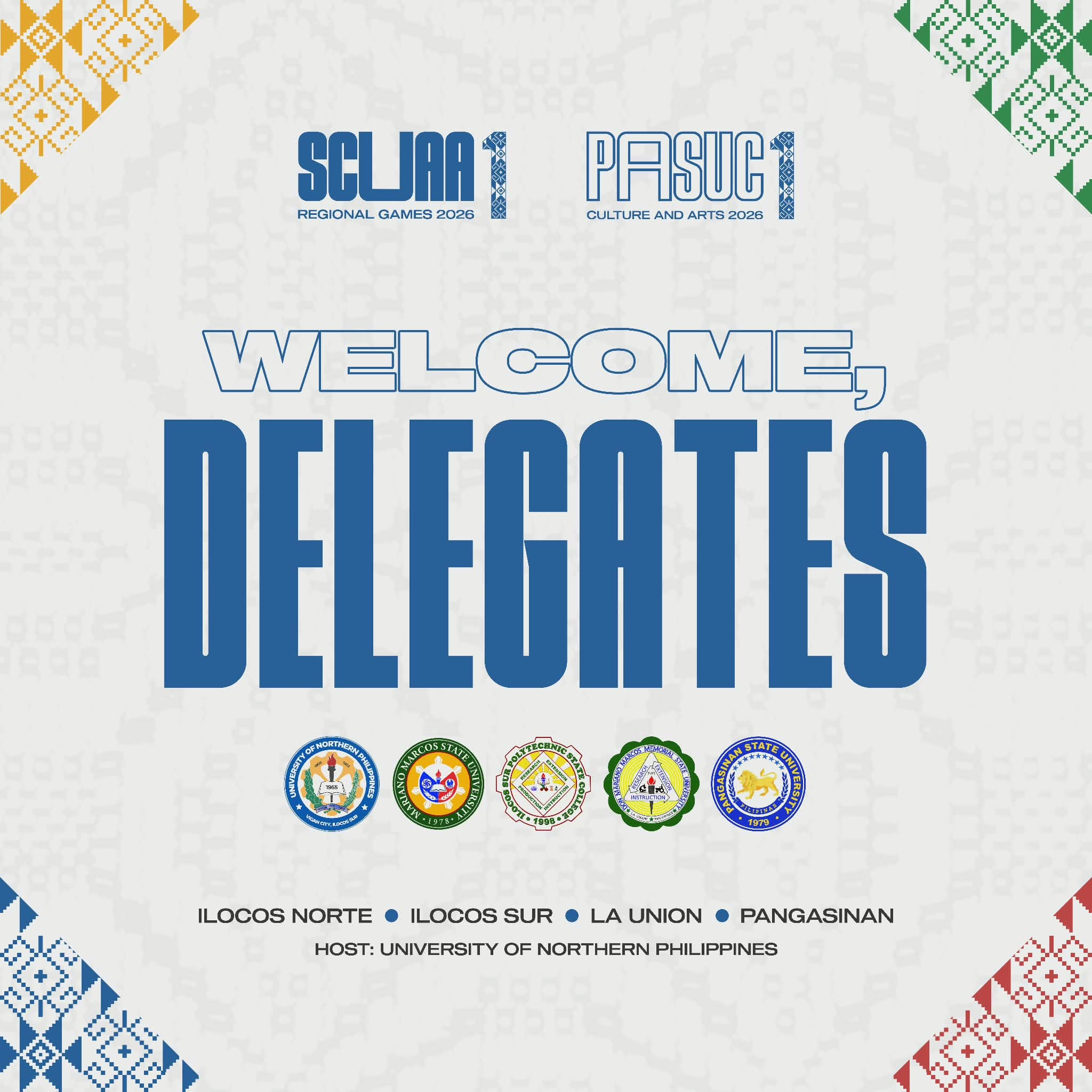The University of Northern Philippines (UNP), through its College of Social Work, in collaboration with the National Association for Social Work Education Inc. (NASWEI), launched the first-ever “Training on Effective Community Organizing in the Philippine Context” on September 3–5, 2025, at Tadena Hall.
The training gathered 35 social work educators representing institutions from Luzon, Visayas, and Mindanao. Among the participating schools and organizations were the University of the Philippines-Diliman, Ateneo de Davao University, De La Salle Bahay Pag-Asa Dasmariñas, San Beda University, Silliman University, Ramon Magsaysay Memorial Colleges-Marbel Inc., Bicol University, Coland Systems Technology Inc., Jose Maria College Foundation Inc.-Davao City, Marinduque State University, Saint Columban College-Zamboanga del Sur, the LGU of San Fernando, Pampanga, Kamanggagawa Foundation Inc.-Quezon City, and Saint Louis University-Baguio City.
Setting the tone for the three-day training, UNP President Dr. Erwin Cadorna warmly welcomed the participants, expressing delight at the strong turnout from both nearby regions and across the country. He described the initiative as both timely and meaningful, noting that “communities today face complex challenges brought about by health crises, technological shifts, and the pressures of globalization.” He emphasized that “community organizing remains a vital tool in empowering people, fostering participation, and building collective solutions.” Dr. Cadorna further underscored that the training serves as an opportunity to reflect on society’s current realities and to envision the kind of future that participants aspire to help shape.
Following the president’s welcome address, the first session was led by Dr. Angelito Meneses, RSW, Associate Professor at the University of the Philippines Diliman and former faculty member of the Philippine Women’s University. Dr. Meneses discussed the history and philosophical foundations of community organizing, emphasizing its phases and processes. He encouraged participants to respect and adhere to these steps, underscoring the importance of “following the flow” in effectively organizing communities.
The second day of the training opened with Dr. Bella Patricia Osalvo, faculty member of the Cagayan State University Department of Social Work and former NASWEI president, who led the morning session on tools of analysis in community organizing. She highlighted four key approaches in understanding communities—gender analysis, field force analysis, structural analysis, and stakeholders’ analysis.
Following this, Prof. Melody Gacita, Dean of the College of Social Work at the UNP, discussed various perspectives on community organizing. She emphasized its value not only in professional practice but also in integrating community-oriented principles into one’s personal life.
In the afternoon, Dr. Angelito Meneses, Associate Professor at UP Diliman, tackled indigenous social work practices and emerging trends in community organizing. He underscored the growing significance of digitalization and virtual communities in advancing the social work profession.
On the third day, Dr. Desiree Anonat, Regional Vice-President for North Luzon-NASWEI and Chairperson of the Social Work Program and Director, Community Extension Service Office at Columban College, delivered a lecture on the core competencies required in community organizing. She emphasized that social workers must embody the right attitude, values, skills, and knowledge to be effective community organizers.
Meanwhile, Dr. Angelito Meneses discussed various approaches to community organizing. He underscored the importance of using precise terminologies, warning that misinterpretations could confuse students and potentially hinder the successful application of organizing methods.
The training sought to strengthen the expertise of social work educators in community organizing within the Philippine context by examining core principles, processes, frameworks, and tools vital for effective practice. It also emphasized advanced advocacy strategies and the integration of indigenous knowledge, underscoring their role in community development. By the end of the three-day program, participants gained sharper insights and practical skills to drive meaningful change in their respective communities.
Organized by the College of Social Work under the leadership of Prof. Melody Gacita, the initiative highlighted the value of collaboration, serving as a platform to foster stronger networks among social work educators nationwide and to reinforce their collective role in shaping the future of the profession.
In her closing message, Dr. Desiree Anonat expressed gratitude to the participants, many of whom traveled long distances to join the event, and commended the University of Northern Philippines—through its College of Social Work—for successfully hosting the training. The awarding of certificates capped the program, led by the faculty and staff of the CSW in partnership with the NASWEI secretariat.




